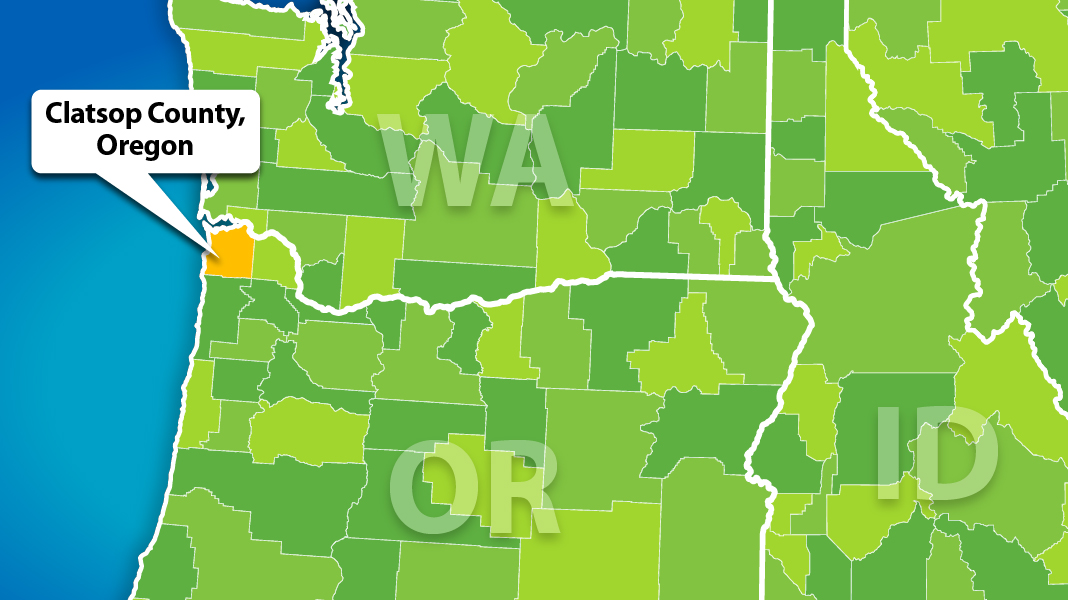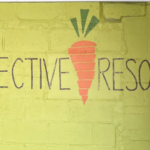Clatsop County, Oregon posted a Request for Proposals (RFP) on July 28 for an Organic Materials Recovery & Bioenergy Feasibility Study. A mandatory virtual pre-proposal meeting is being held on August 11 (meeting link information in the RFP). The response deadline for proposals is August 31, 2021.
The introduction to the RFP explains that “high-strength organic material produced by breweries, distilleries, and seafood processors in the north Clatsop County region have created challenges for the municipal wastewater treatment facilities and operational cost concerns for local business and industry. Additionally, septage haulers have limited disposal options available locally and out-of-county transport increases costs for local homeowners. The inability to treat organic material in a cost-effective and efficient manner is limiting future growth opportunities within Clatsop County.”
The four primary tasks in the Organic Materials Recovery and Bioenergy Feasibility Study project, initiated in September 2020, are: Conduct an assessment of available organic material feedstocks, including volumes and seasonality; explore strategies for organic materials management and provide an alternatives analysis; provide a siting needs assessment and identify potential locations within the county; and provide a business case analysis and recommended solutions. The Feasibility Study would additionally examine alternatives to the disposal of other municipal solid waste streams (MSW).
Clatsop County explains that the “business case analysis and recommendations include identifying a potential owner/operator of the facility. In addition, the study should recommend how the material outputs (e.g., nutrients, water, fiber, etc.) and potential resulting energy (e.g., biogas, electricity, etc.) could be monetized if the results of this study prove positive.” Project goals include: Reduce or mitigate local industries’ operational costs associated with high-strength organic waste material management and wastewater discharge permitting; expand septage receiving capacity and minimize its hauling outside of the county; improve capacity and sustainability of existing wastewater treatment infrastructure; and investigate how renewable energy production may expand customer options locally.
The Scope of Services in the RFP highlight the county’s desire to maximize recovery of organics. Items include performing a detailed characterization and analysis of the sources, locations, quantities, availability, and properties of high-strength organic material feedstocks; and identify additional feedstocks that complement the recovery of high-strength organics. The scope also asks for an analysis of long-term (20-year) viability and sustainability of feedstock supplies and associated long-term commitments required.













